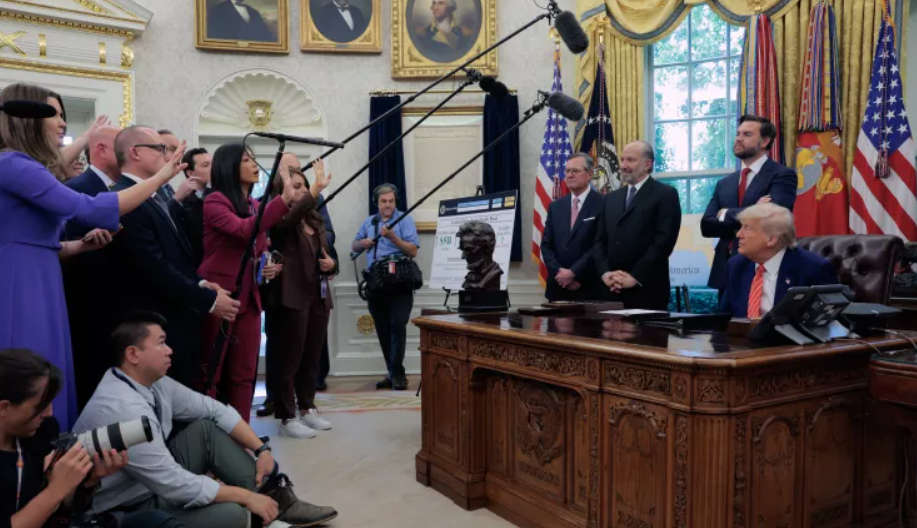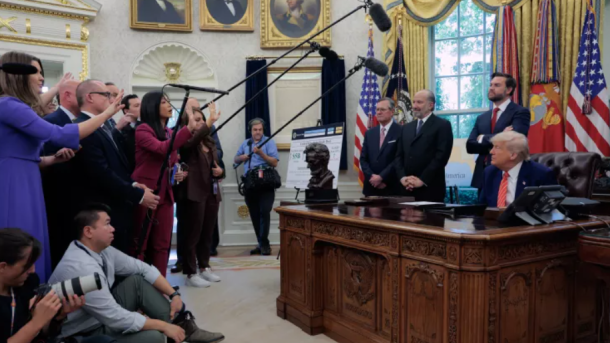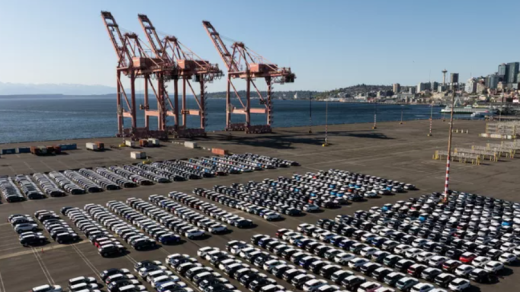The recent Trump UK Trade Deal marks a significant step forward in global trade relations. The U.S. and the U.K. have reached an agreement to reduce trade barriers, focusing on key industries like cars and agricultural products. However, this deal is just the beginning. With over 50 countries still facing higher tariffs, the real test will be how the Trump administration moves forward in negotiations with these nations.
In a move that will shape future trade agreements, President Trump has introduced a 10% “reciprocal tariff” baseline for the U.K. and other countries. While the U.K. agreement is seen as a positive shift, it leaves many questions unanswered about the long-term economic impact. Economists predict that these tariffs could continue to slow U.S. economic growth and possibly increase inflation, all while making it harder for the Federal Reserve to manage the job market and control inflation rates.

Trump UK Trade Deal: Navigating the Future of U.S. Trade Policy
Looking ahead, many trade experts believe the Trump UK Trade Deal is only a glimpse into what future agreements could look like. The U.S. may not be looking for traditional trade deals but rather frameworks to help guide future negotiations. This strategy could lead to more flexible agreements, designed to adapt as global economic conditions shift.
One of the key elements of these agreements is the 10% baseline tariff, which Trump suggested would remain even as exemptions reduce the overall tariff burden. This approach, although beneficial in certain aspects, could still result in higher costs for consumers and businesses. As the U.S. continues to negotiate with various countries, the Trump UK Trade Deal may serve as a template for how tariffs and trade relations evolve in the coming years.
Trump UK Trade Deal: The Road Ahead for International Trade
Ultimately, the Trump UK Trade Deal is setting the stage for how the U.S. will navigate global trade in the coming months. While tariffs will likely remain a significant aspect of U.S. trade policy, the focus now is on negotiating frameworks that can be adapted as international relations continue to evolve. As countries like China and others engage in talks, the Trump UK Trade Deal could become a critical blueprint for the future of trade agreements.
Source: www.investopedia.com



